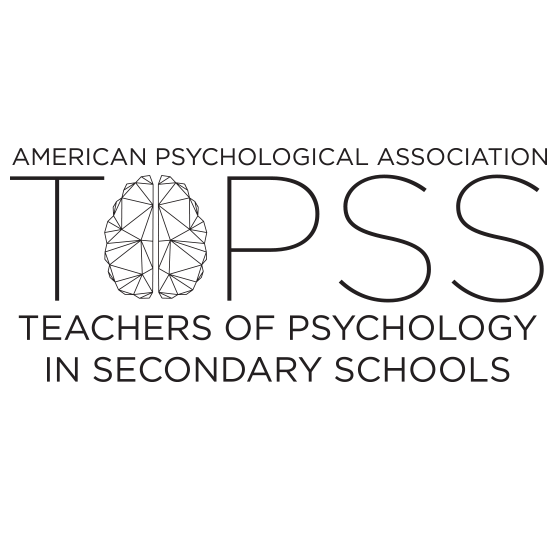General Information:
- Monday May 07, 2012 in the afternoon.
- Bring pencils and erasers for the multiple choice and blue or black pens for the FRQs.
- Bring a watch that does not beep.
- Do not wear any psychology related clothing.
- Do not bring anything else: books, papers, calculators, cell phones, etc.
- 100 multiple choice questions
- 70 minutes
- 2/3 of the overall score
- A-E Answers
- Names, charts, graphs, drawings are all possible
- There is no adjustment for guessing, if you are unsure about a question, take your best educated guess after using process of elimination
- 2 required Free Response (essay) Questions
- 50 minutes
- 1/3 of the overall grade - 1/6 of grade for each question
- Points are given for correct responses, not taken away for incorrect material
- Once given, points can only be removed if one part of an answer contradicts another part
- Read through both questions before doing anything else
- Think through the answer before starting to write
- Write an outline or notes on the test question pages.
- Don’t be afraid to cross something out, if needed. Anything crossed out will not be scored.
- Write in complete sentences - DO NOT OUTLINE OR BULLET YOUR ANSWER.
- Be as complete as possible, but keep to the point.
- Watch the time. Don’t get caught short on essay #2
- Structure the answer following the structure of the question
- Do not discuss the multiple-choice section with anyone
- Do not discuss the free response questions for 48 hours. The general rule of thumb is wait until the questions have been posted on the College Board website.
- You may only discuss the free response questions released on the College Board website. Any other free response questions must NOT be discussed.
- Do NOT post, text, email etc. anything about the exam on the Internet, especially on Facebook, Twitter or other social networks
- Do not come and visit me between the multiple choice section and free response section











